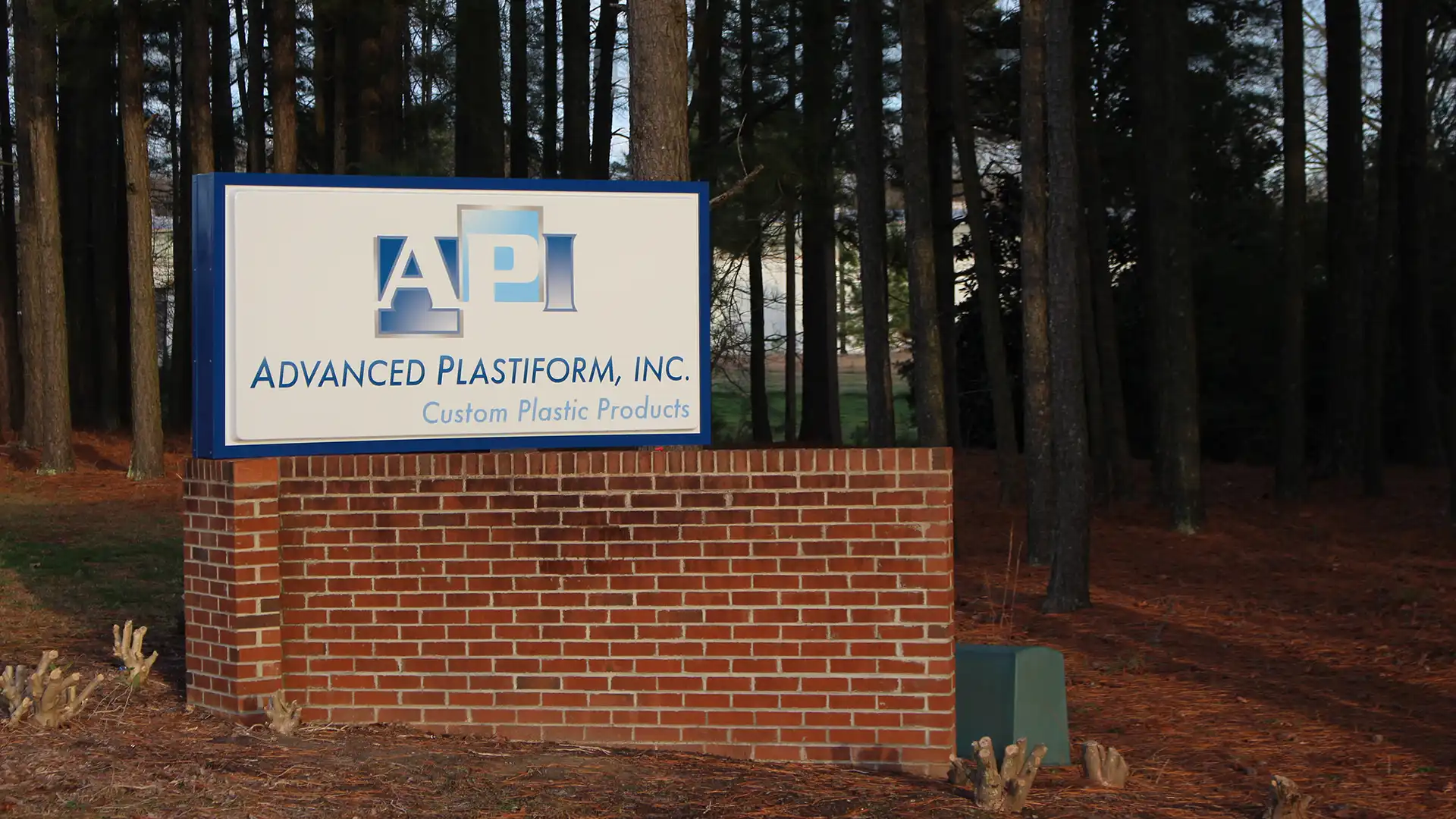Standard Plastics for Injection Molding Applications Injection molding is a process we use at our…

As we've discussed before, plastics are an essential material in medical innovation and healthcare, and the industry is choosing plastic over metal and glass at a rapid pace. But what plastics are being used most often, and what are they used for? Our injection molding company is looking at the most common thermoplastics used in medical injection molding and why they are chosen.
Polycarbonate - An Alternative to Glass
Because polycarbonate is naturally transparent, lightweight, and virtually shatterproof, it makes an excellent alternative to glass. On top of this, it is resistant to both chemical reactions and electrical currents and can be used at a wide range of temperatures without softening, melting, or becoming brittle. These properties make it popular in healthcare and medical development settings.
Uses for Polycarbonate in Healthcare and Medicine
Polycarbonate is commonly used to make eyeglass lenses, goggles and eye protection, and surgical face shields, plus, we're seeing it used more in medical devices such as blood oxygenators and dialysis filter cartridges.
Acrylonitrile Butadiene Styrene (ABS) - A Sturdy Alternative to Metal
Acrylonitrile Butadiene Styrene (ABS) is often seen as luggage casing and vehicle dashboards. The same rigidity and impact resistance that makes it popular for these items also makes it ideal as a lightweight, less expensive substitute for metal components in part production of structural medical devices. Additional features include good tensile strength, ease of sterilization, has high shock absorbance, and heat resistance. ABS also offers versatile manufacturing options because it can be molded in several different ways, including injection molding and thermoforming.
Uses for ABS in Healthcare and Medicine
ABS is a durable, hardworking plastic and it's often used to create safety helmets, cleaning applications, and cases, as well as tendon prostheses and tracheal tubes.
Polyvinyl Chloride - A Versatile Polymer
Polyvinyl chloride (PVC) is a popular medical thermoplastic because it is available in two very different forms:
- Rigid and unplasticized (RPVC), this plastic offers the hardness, tensile strength, and density needed for rugged, high-use equipment.
- Flexible PVC has added plasticizers that make it incredibly soft, malleable, and flexible while still having high tensile strength and rugged durability. In many cases, flexible PVC has taken the place of rubber.
In addition to its versatility, PVC is inexpensive and easy to work with, making it ideal for high-volume products and disposable items.
Uses for PVC in Healthcare and Medicine
Rigid PVC is often used in construction in healthcare because it can be easily sterilized and cleaned as well as in artificial limbs and prosthetics. Flexible PVC is often used to make products that were once made from rubber, including tubing, cardiac catheters, and blood bags.
Polypropylene - An Incredibly Versatile Thermoplastic
Polypropylene checks most of the boxes needed for medical thermoplastics - it's durable, lightweight, and resistant to heat, impact, and chemicals. It can be manufactured to be rigid and sturdy, or, to a lesser extent than PVC, have plasticizers added to increase its flexibility. While many plastics have to be sterilized with ethylene oxide or irradiation, polypropylene can be used for materials that need to be steam sterilized. These properties, combined with the ease of recycling and low costs, make this a particularly attractive option.
Uses for Polypropylene in Healthcare and Medicine
Polypropylene is used to make everything from containers, bottles, and prescription bottles to syringes, joint prostheses, and membranes used in oxygenators.
Get a Free Quote for Medical Injection Molding
At Advanced Plastiform, Inc., we are dedicated to designing and manufacturing high-quality medical thermoplastics with low per-unit costs and fast turnaround times. If you would like to learn more about our medical injection molding and thermoforming, reach out to our team today. We work with all types of industries in the Southeast and Mid-Atlantic, including North Carolina, South Carolina, Pennsylvania, Maryland, Tennessee, Georgia, and Virginia.

